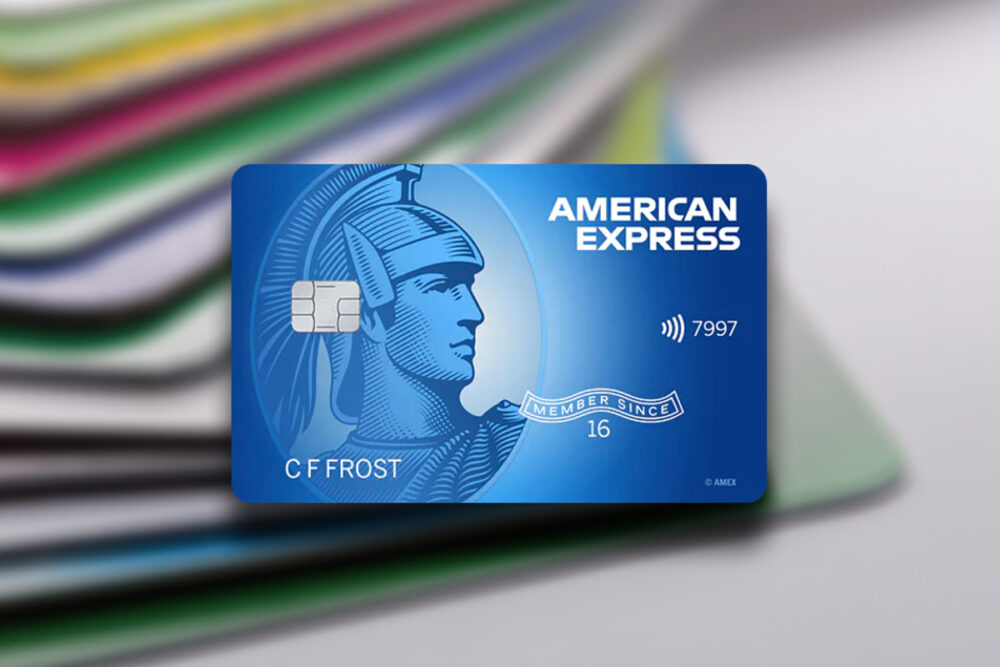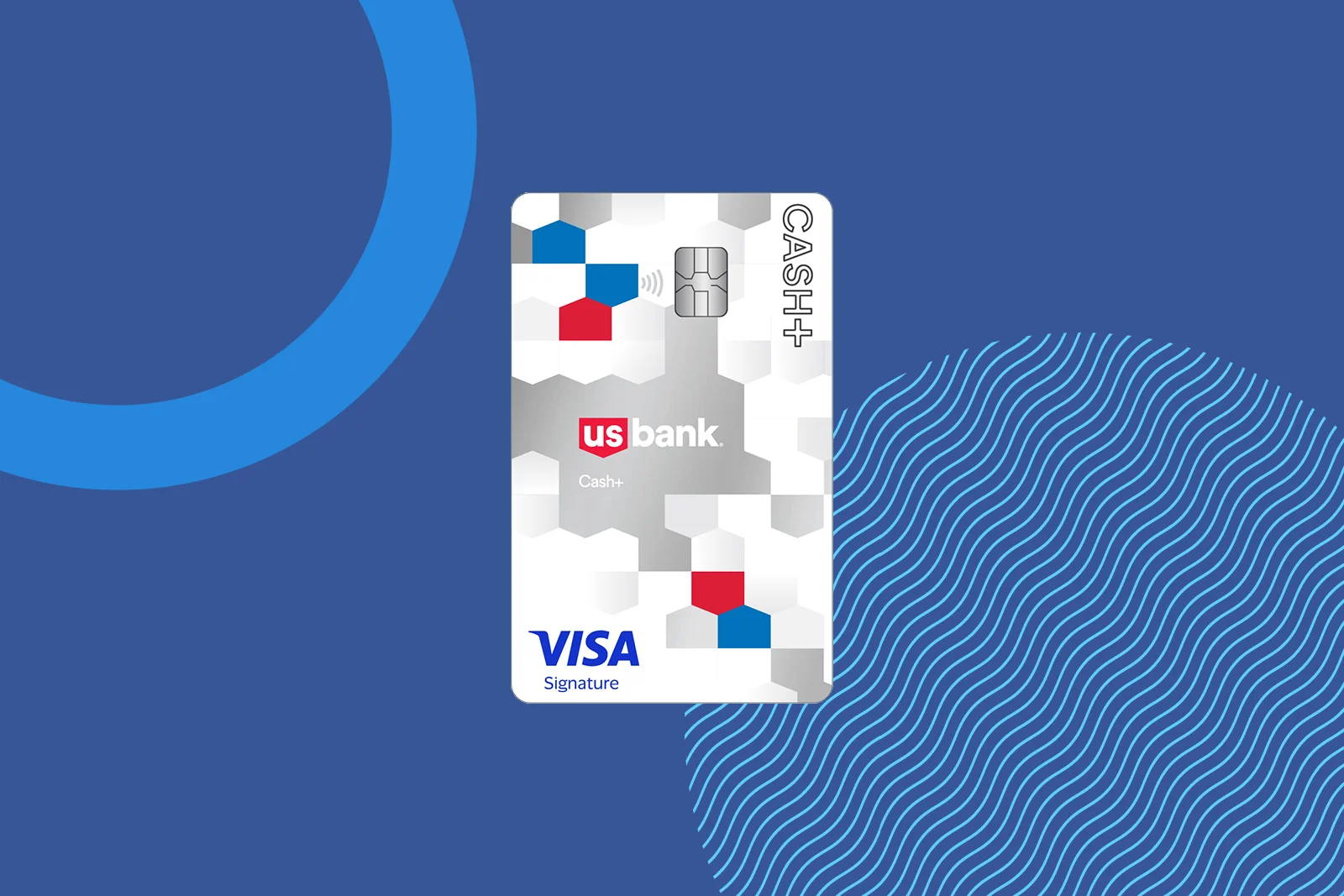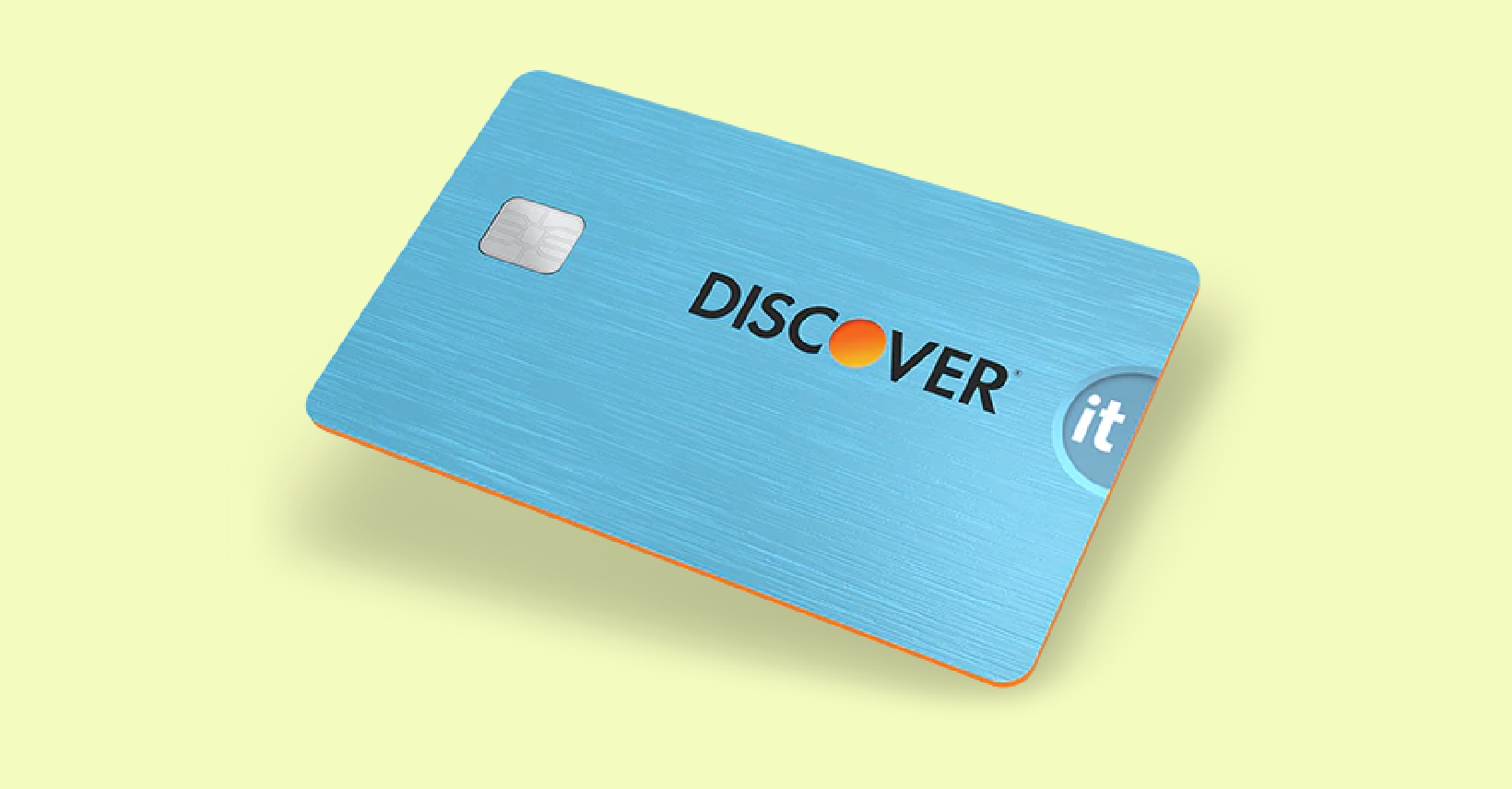Mistakes to Avoid When Using a Credit Card Daily

The Importance of Credit Card Management
Utilizing a credit card in your daily life can offer remarkable advantages, but it also requires a certain level of diligence and understanding to avoid common pitfalls. With the right approach, credit cards can be a powerful financial tool that provides convenience, builds your credit history, and even rewards you for your purchases. However, it’s crucial to recognize and avoid the typical mistakes that many credit card users make, as these can lead to serious financial challenges.
Common Credit Card Mistakes
Here are some common mistakes that credit card users should be wary of to maintain their financial well-being:
- Maxing out your credit limit: Frequently reaching or exceeding your credit limit can have detrimental effects on your credit score. For instance, if your limit is $5,000 and you consistently carry a balance of $4,800, you may be using 96% of your available credit—an indicator that could suggest to lenders that you are financially strapped. A good rule of thumb is to keep your credit utilization ratio below 30%, which reflects responsible usage and can help improve your credit score over time.
- Missing payment deadlines: Forgetting payment dates can lead to late fees and increased interest rates. Many credit cards impose a penalty when you make a late payment, which can be as much as $39 or more. Furthermore, consistent late payments can lower your credit score, making it difficult to get favorable terms on future loans or credit lines. To avoid this, consider setting up automatic payments or utilizing calendar reminders to ensure that your payments are made on time.
- Only making minimum payments: While it may be tempting to pay only the minimum amount due each month, doing so prolongs your debt payoff and can lead to accumulating high interest costs. For example, if you have a balance of $1,000 with an interest rate of 20%, making only the minimum payment can take years to pay off, resulting in paying significantly more in interest than the original debt. Aim to pay off your balance in full each month to avoid these unnecessary costs.
Staying Informed and Disciplined
Beyond these common mistakes, monitoring your spending habits is crucial to maintaining a balanced financial life. By keeping a detailed record of your transactions and regularly reviewing your statements, you can gain insights into your spending patterns. This awareness can help you identify areas where you might be overspending and adjust your budget accordingly.
Ultimately, staying informed and disciplined will enable you to leverage the benefits of your credit card while steering clear of costly errors. By understanding the terms of your credit card, being proactive about payments, and committing to a budget, you can take control of your financial future and make your credit card work for you, rather than against you.
Understanding Credit Card Usage
When you choose to incorporate a credit card into your daily financial routine, it’s vital to understand how best to utilize it to maximize benefits while minimizing risks. Credit cards not only facilitate convenient purchases but also provide a safety net in emergencies. Yet, the lack of careful management can easily lead to financial troubles. Here are some additional mistakes to be mindful of:
- Neglecting to read the fine print: Credit cards come with various terms and conditions that can significantly affect your financial health. Interest rates, fees, and rewards programs may seem straightforward at first glance, but hidden clauses can lead to unexpected charges or penalties. For example, some credit cards may offer enticing rewards but impose high annual fees if your spending doesn’t meet specific thresholds. Always take the time to thoroughly review your card’s terms to avoid surprises.
- Using credit cards for unnecessary purchases: It’s easy to fall into the habit of using a credit card for everyday expenses, treating it like ‘free’ money. This can lead to overspending and accumulating debt. For instance, grabbing takeout or shopping for non-essential items on your credit card might not seem harmful individually, but these small amounts can add up quickly. Instead, create a budget and allocate specific amounts for discretionary spending, ensuring you only use your credit card for planned purchases.
- Ignoring rewards and benefits: Many credit cards offer rewards programs, cash back, and other benefits that can be incredibly valuable. However, failing to take advantage of these perks is a missed opportunity for financial gain. For example, if your credit card provides 1.5% cash back on all purchases, consider using it for bills, groceries, and other recurring expenses. Familiarize yourself with the rewards structure and choose to use your card in ways that maximize earned benefits while staying within your budget.
By addressing these mistakes head-on, you can cultivate a responsible and effective credit card strategy. It’s essential not only to be aware of your financial position but also to make informed decisions that can lead to greater financial health.
Building a strong foundation in credit card management involves understanding variables like interest rates, fees, and potential benefits. Take the time to adjust your usage habits and approach each transaction with mindfulness. In doing so, you pave the way for a fruitful relationship with your credit card that bolsters your financial standing rather than detracts from it.
Practicing Smart Credit Card Habits
As you navigate daily credit card usage, it’s essential to adopt habits that promote financial stability. Beyond the basic pitfalls, several additional mistakes can derail your efforts to manage your credit effectively. Understanding these can offer you a pathway to responsible credit card use.
- Failing to monitor your account regularly: One of the most crucial yet overlooked aspects of credit card management is staying informed about your account’s activity. By not regularly checking statements, whether online or paper, you may miss fraudulent charges or errors, leading to undue financial stress. Consider setting aside a few minutes each week to review transactions. This proactive approach can help you keep track of your spending and catch any unexpected charges early.
- Making only minimum payments: Many people fall into the trap of only paying the minimum amount due on their credit card bill. While this keeps you in good standing with your issuer, it often results in high-interest charges over time. For example, if you have a balance of $1,000 with a 20% interest rate and only pay the minimum, you could end up paying significantly more in interest and prolonging the debt for years. Instead, aim to pay off as much of your balance as you can each month to reduce interest and improve your credit score.
- Not using credit wisely in emergencies: Credit cards are often seen as a safety net for emergencies, but improper use can lead to financial strain. For instance, using your credit card to cover non-essential expenses or impulsive purchases during stressful times can spiral into a cycle of debt. It’s wise to reserve your credit card strictly for unplanned necessities, such as car repairs or medical bills, and aim to pay off these charges as promptly as possible.
- Neglecting the importance of your credit score: Your credit score plays a vital role in your financial life, influencing your ability to secure loans or better interest rates in the future. Many cardholders overlook how their spending and payment habits directly impact their score. For instance, high credit utilization or late payments can lower your score. Keep an eye on your score using free online services and consider keeping your credit utilization below 30% of your limit – this means that if you have a $1,000 limit, you shouldn’t carry more than $300 in debt at any given time.
- Choosing the wrong card for your needs: Different credit cards cater to different financial behaviors. For instance, some cards offer generous rewards for travel while others provide perks for grocery shopping or gas purchases. Using a card that doesn’t align with your spending habits can mean missing out on valuable rewards. Take the time to assess your needs and choose a card that aligns with your lifestyle, allowing you to maximize rewards and benefits effectively.
By being aware of and addressing these common mistakes, you empower yourself to use your credit card as a useful tool rather than a potential source of financial trouble. Keeping yourself informed and being disciplined in your approach can contribute significantly to achieving your financial goals.
Conclusion
Using a credit card daily can be a double-edged sword; it offers convenience and rewards, yet carries the potential for financial pitfalls if not managed wisely. Recognizing and avoiding common mistakes is key to ensuring that your credit card serves as a beneficial financial tool rather than a source of stress. To recap, monitoring your account regularly is essential to catch errors and fraudulent activities early, protecting your financial health. Additionally, making only minimum payments can lead to unnecessary interest costs and prolonged debt, so aim to pay off more than just the minimum whenever possible.
It’s crucial to use your credit wisely, especially in emergencies, by reserving the card for unexpected essential expenses, rather than casual, non-urgent purchases. Furthermore, keeping an eye on your credit score ensures that you are aware of how your spending habits affect your overall financial standing. Lastly, choosing the right card that aligns with your spending habits guarantees you maximize rewards and benefits tailored to your lifestyle.
By implementing these sound practices, you not only avoid common credit card traps but also enhance your financial literacy. Remember, the ultimate goal is to secure a healthy credit profile that supports your financial aspirations rather than hinders them. Committing to responsible credit card use today can pave the way for a more secure financial future tomorrow.


